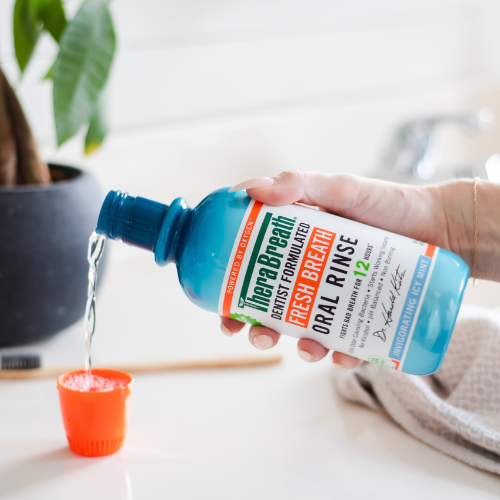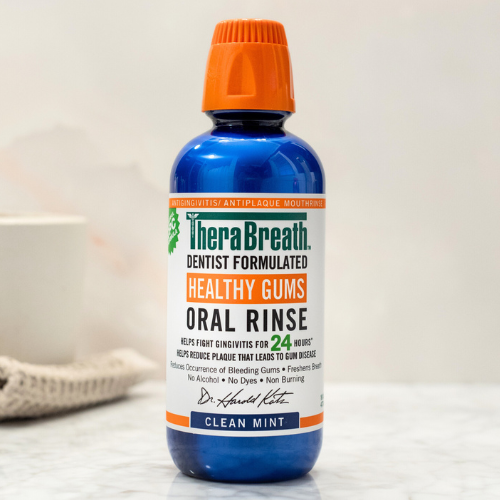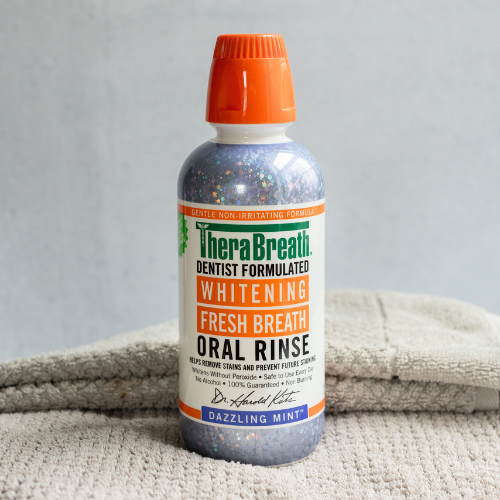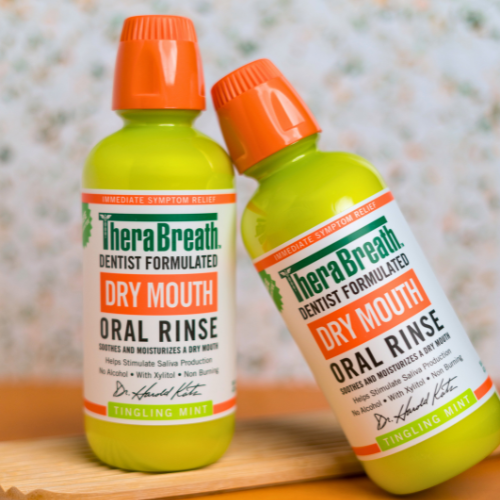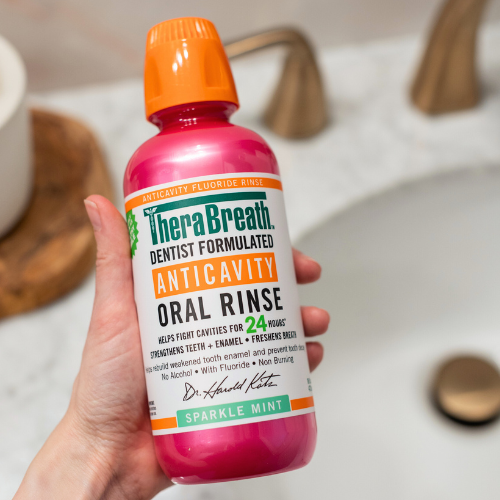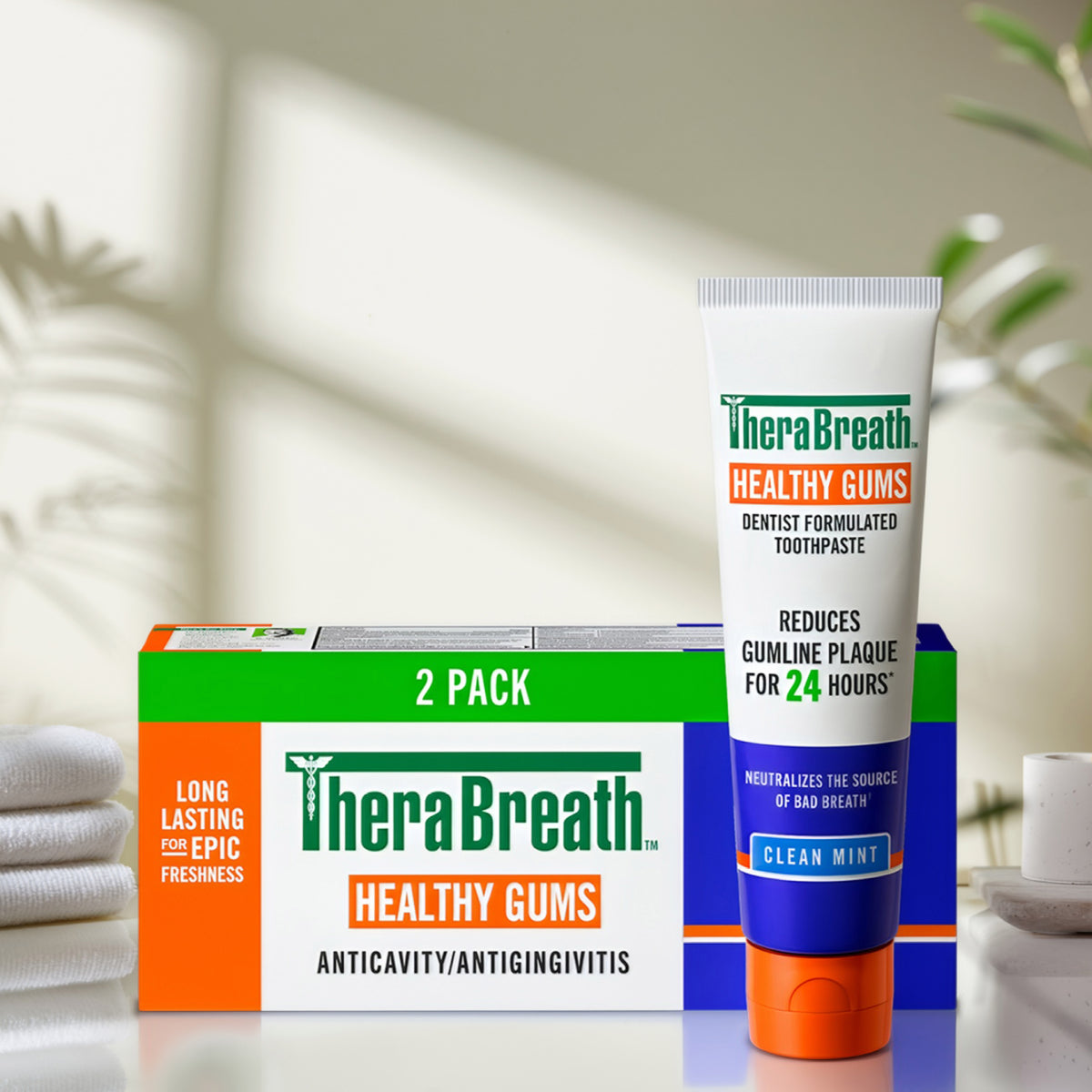
Get Rid of Canker Sores and Bad Breath All In One Go
Share
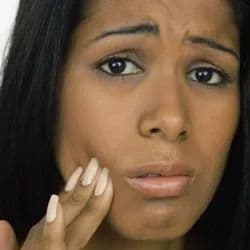
Are you having trouble chewing or talking because of a painful spot inside your mouth? Is it red or whitish in color and inflamed around its edges? Do you also have a weird case of halitosis? If so, you're probably suffering from a canker sore. This little bacterial infection can affect your dental health and oral odor, so don't hesitate to use a specialty product to get rid of canker sores and bad breath immediately!
Also known as aphthous ulcers (from the Greek aphtha, which means "eruption"), these little sores look a lot like tiny volcanoes. They usually consist of a red, inflamed mound topped by a whitish crater or spot.
What makes a canker sore different than a cold sore? Three things. First, canker sores occur inside your mouth, while cold sores are little blisters that pop up on the outside, usually around your lips. Second, aphthous ulcers come from bacterial growth, whereas a cold sore is caused by a virus. (A mild herpes virus, actually. Yikes!)
Finally, canker sores do something that cold sores don't: They cause halitosis! Besides being painful and unsightly, aphthous ulcers stink up your mouth. This is because the bacteria that are attacking your gums, tongue or inner cheeks are also pumping out bad-smelling compounds as a byproduct of their digestion.
Fortunately, specialty breath freshening products, especially those that oxygenate your mouth, can get rid of canker sores and halitosis at the same time. Oxygenation makes it hard for these microbes to grow, while such products' healthier ingredients can freshen breath and rinse away bacteria.
Here are some tips for treating canker sores and avoiding irritating your mouth's sensitive tissues:
- Don't eat spicy foods. Until your sores heal, spices will just inflame them. Not that you need much of a warning: Take one bite of a spicy curry, hot pepper or tingly salsa, and you won't be in much condition to take another.
- Avoid alcohol-based mouthwashes. These never help. Not only is their alcohol content extraordinarily painful, but it also dries out your mouth and gives bacteria plenty of leeway to grow back.
- To ease your discomfort, rinse regularly with an alcohol-free mouthwash, preferably one that has gentle, oxygenating ingredients. In a pinch, you can use salt water or hydrogen peroxide.
